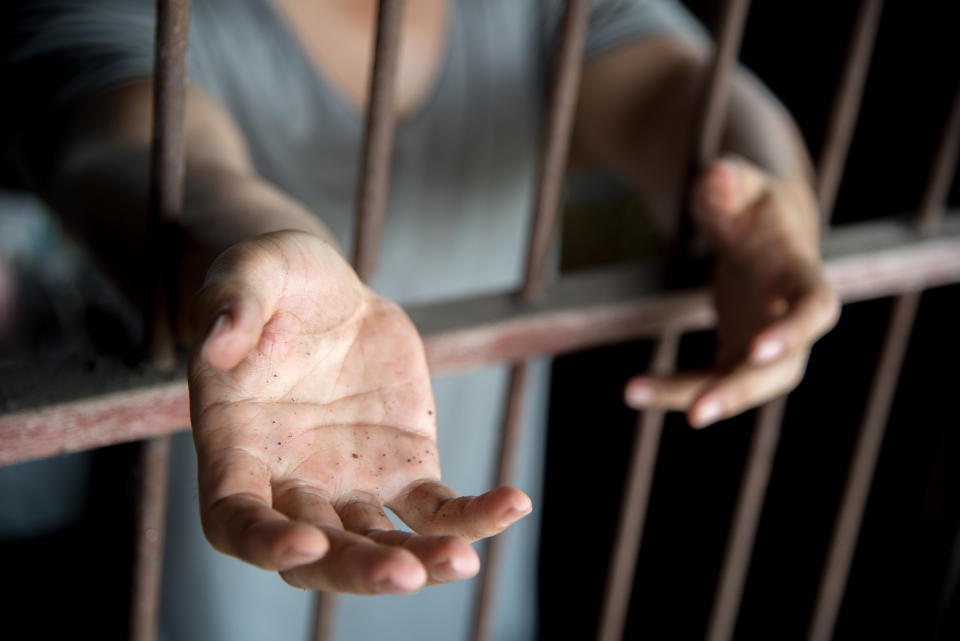Prisons Use Menstruation as a Form of Punishment

Credit - Getty Images/EyeEm
There are approximately 170,000 people incarcerated in women’s jails and prisons across the country. While some identify as trans and gender-nonbinary, they all have similar reproductive health concerns. 90% of people in women’s jails and prisons are below the age of 55, and for them, those concerns include monthly periods. This means that every month, every time they menstruate, they face an additional layer of humiliation and dehumanization.
As a criminal-justice reporter and an oral historian, we collected first-hand accounts from prisoners as part of a global oral history project about menstruation. What we discovered, from correspondence with multiple writers incarcerated in different states, is a system that weaponizes menstruation as a form of punishment and oppression.
One such incarcerated writer is Kwaneta, a woman imprisoned in Texas. She told us that each month, her allotment of pads and tampons isn’t enough.
“In prison, we’re strip-searched often. Before we leave our cell. Before and after work. Each time we must remove our pad or tampon,” she wrote. “We’re assigned one pack of pads and five regular-size tampons monthly. If you’re one of the heavy bleeders, women who have fibroids or are premenopausal, the state will not provide you any extra items. You must purchase them. We aren’t paid to work in Texas. And nothing is free in prison.”
She continued, “I’ve had guards open every single pad and tampon to check for contraband. Now the tampons are contaminated. There’s no need to open a sealed package, but they do. I’m just so thankful I can afford the box of tampons to replace them.”
If Kwaneta, or any woman, needs more supplies, she must purchase them from the commissary, the prison’s sole store. But Texas prisoners are not paid at their prison-assigned jobs, and a box of tampons in Texas prisons costs $15 (In contrast, the average cost of a box of tampons in drugstores outside of prison is from $5 to $8).
Read More: Florida Politicians Want Less Talk About Periods. We Need More of It
Many incarcerated women don’t have family members who can send money. That leaves them little choice but to stuff their panties with wads of toilet paper (which is also rationed behind bars) and hope that they don’t bleed through onto their white jumpsuits. Often, the best solution, Kwaneta explained, especially for the most desperate and poor, is to eliminate their period through birth control, which is oddly more available in Kwaneta’s prison than basic menstrual care items.

 Yahoo Autos
Yahoo Autos